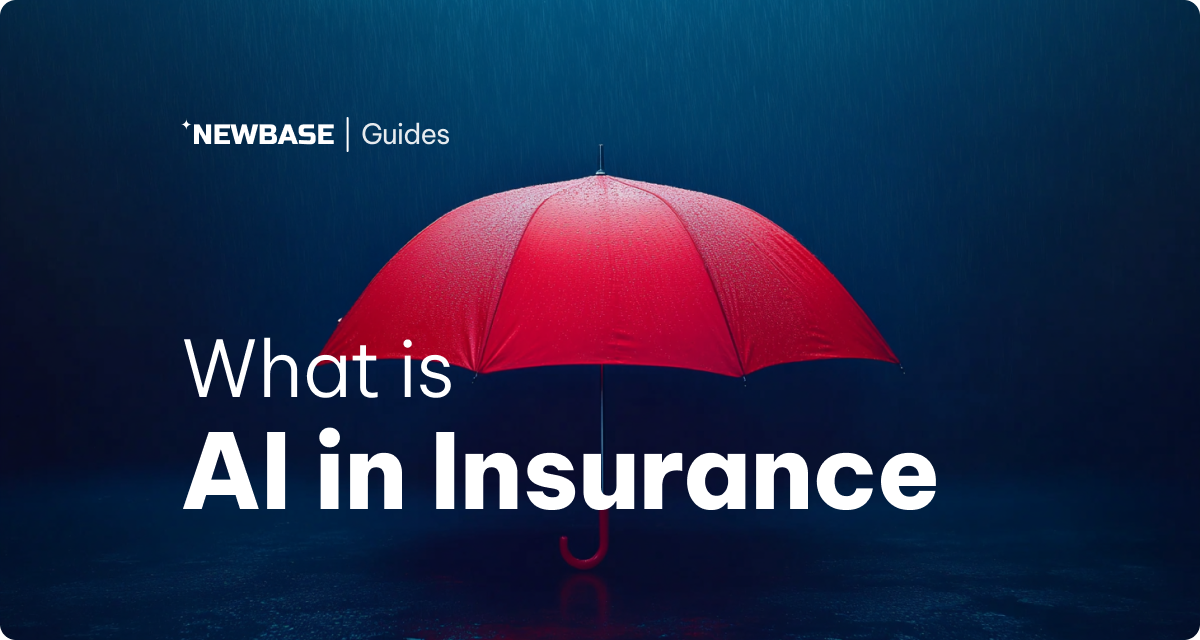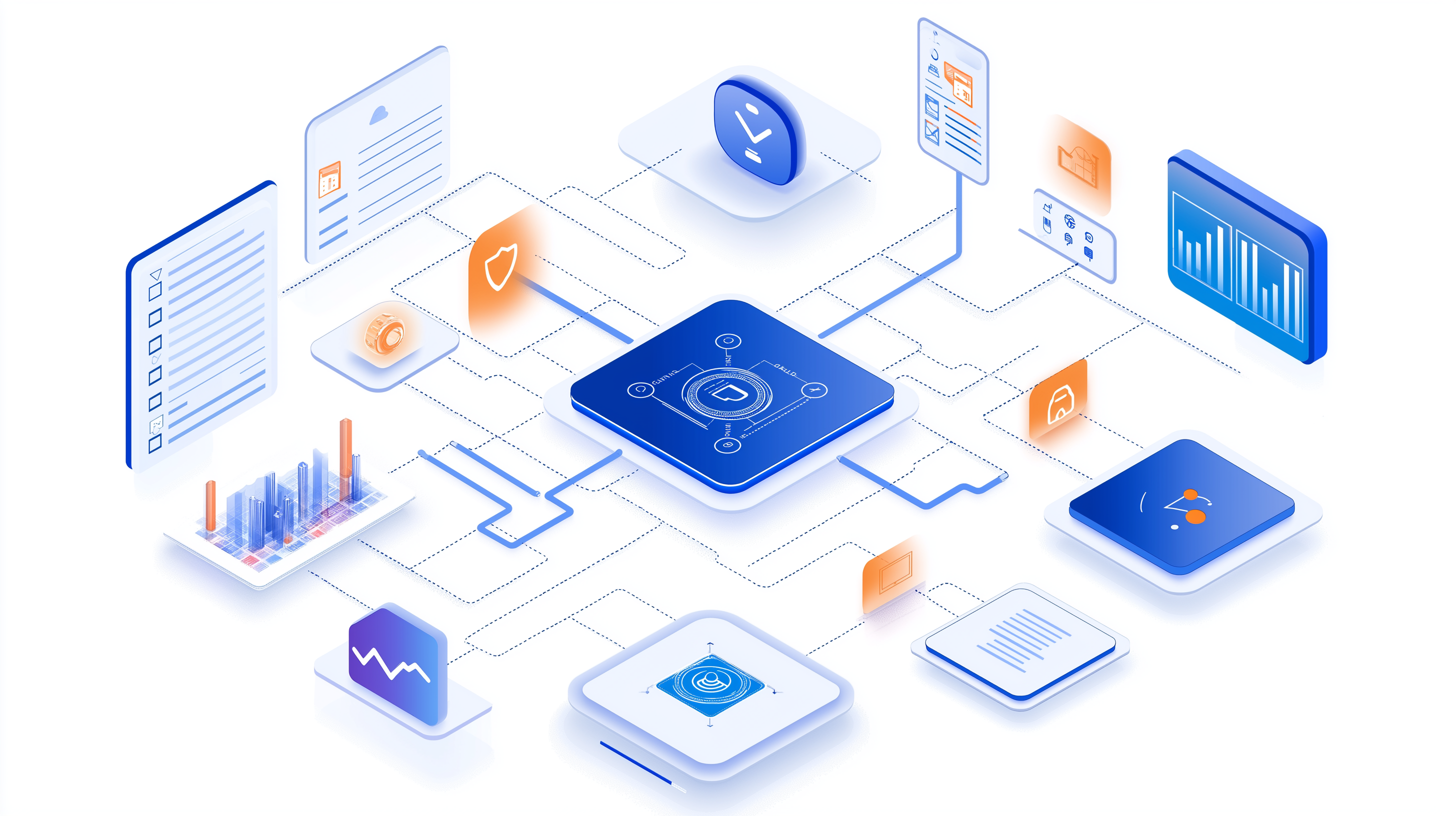
The insurance industry thrives on data analysis and risk assessment. Traditionally, algorithms and calculations determined insurance premiums and policy eligibility. AI in insurance takes these concepts a step further, leveraging artificial intelligence, automation, and advanced technologies to revolutionize coverage and service delivery.
By harnessing the power of AI, insurance providers can:
- Enhance Decision-Making: AI analyzes vast amounts of data, enabling more informed decisions on coverage options, risk assessment, and pricing strategies. This leads to a more efficient and personalized experience for customers.
- Scale Up Existing Capabilities: The insurance industry already utilizes data in underwriting, claims processing, and risk management. AI supercharges these capabilities by handling complex calculations and automating repetitive tasks at an unprecedented rate.
- Embrace Innovation: The rise of insurtech companies, powered by AI-driven solutions, fosters innovation within the insurance ecosystem. These companies can either collaborate with established insurance carriers or compete for business, ultimately benefitting consumers with a wider range of options.

Types of AI and Advanced Technologies Used in Insurance
There are several ways AI empowers insurance companies:
- **APIs (Application Programming Interfaces):** APIs facilitate communication and data exchange between different software applications within the insurance ecosystem. This allows seamless collaboration between carriers, third-party adjusters, and claimants, improving access to information and streamlining processes.
- Business Process Automation (BPA): BPA tackles repetitive tasks like customer onboarding, claims processing, underwriting, and policy management. Automating these processes frees up employees to focus on more complex customer interactions and strategic initiatives.
- Generative AI: Generative AI, powered by Large Language Models (LLMs), streamlines tasks for insurance employees. It assists with customer service inquiries, document analysis, and generating reports. This empowers customer service representatives to provide better support, while AI-powered chatbots and virtual assistants empower customers to solve issues independently.
- Intelligent Automation: A hallmark of AI-driven workflows, intelligent automation uses automation technologies to streamline and scale decision-making across the organization. This can involve automated claims payment calculations, rate estimations, and compliance checks.
- Machine Learning (ML): ML algorithms improve with experience, allowing AI to mimic human learning patterns. Insurance companies leverage ML, including deep learning techniques, to analyze customer data and personalize product recommendations for existing and potential clients.
- Natural Language Processing (NLP): NLP helps computers understand and interact with human language. Insurance companies use NLP to interpret customer-supplied information and determine eligibility for specific insurance products and pricing.
- Optical Character Recognition (OCR): OCR converts images containing text into a machine-readable format. This is crucial for digitizing legacy assets, like paper forms and claims, allowing insurance companies to build searchable digital databases and gain a more comprehensive view of their business operations.

AI in Insurance Use Cases
AI solutions empower insurance providers across various use cases:
Claims Management: AI expedites claims processing by utilizing NLP to understand documents and images, facilitating faster claim approval or denial decisions. Additionally, discriminatory AI analyzes historical data to assess claim plausibility, promoting uniformity in the adjusting process. Generative AI can further assist by summarizing data and generating preliminary reports.
Code Modernization: For established insurance companies with legacy systems, generative AI can help modernize outdated technology and create code compatible with existing infrastructure.
Fraud Detection: AI analyzes user data and compares it with historical information to identify potential fraudulent activity, such as fabricated claims or misrepresented information. AI-powered fraud detection software monitors transactions, applications, APIs, and user behavior to prevent or stop fraud attempts.
Risk Management: AI analyzes vast data sets encompassing external events and customer data to accurately assess risk and price policies accordingly. This helps avoid underpricing policies and minimizes unexpected losses. IBM is currently developing foundation models for property insurance underwriting and claims investigations, aiming to improve risk evaluation and decision-making processes.
New Product Development: AI empowers insurance companies to develop non-traditional insurance products, like behavior-based insurance, by understanding these differentiated risk environments and setting appropriate pricing strategies.
Underwriting: AI-powered models analyze customer data to streamline the underwriting process, assisting in deciding policy eligibility and pricing.

Benefits of AI in Insurance
Adopting AI offers numerous advantages for insurance carriers and other industry players:
- Increased Efficiency: AI automates manual tasks like claims processing, customer onboarding, and marketing activities, freeing up employees to tackle more complex customer-centric tasks. This also optimizes workflows, enhancing overall operational efficiency.
- Improved Cybersecurity: AI strengthens cybersecurity by detecting potential breaches and fraudulent activities quicker. This is particularly important for insurance companies entrusted with safeguarding sensitive personal data.
- Personalized Customer Experiences: AI facilitates targeted marketing campaigns and equips customer service representatives with richer information through generative AI. This empowers them to offer more personalized customer support experiences. Additionally, AI-powered chatbots and virtual assistants provide convenient self-service options for customers. A study by the Institute for Business Value found that insurers using generative AI experienced a 14% higher retention rate and a 48% higher Net Promoter Score.
- Predictive Analytics: AI enables insurance companies to analyze vast data sets and derive predictive insights. This helps them anticipate future trends, identify potential risks, and make informed decisions regarding pricing, product development, and risk management.
- Reduced Claims: AI-powered tools, such as IoT devices and smart home technology, can help prevent accidents and reduce claims. For example, smart home devices can detect and address potential hazards like fires or water damage.
Challenges of AI in Insurance
While AI offers significant benefits, there are challenges to consider:
- Data Quality: AI models rely on high-quality data. If the data is biased or incomplete, the AI’s outputs may be inaccurate or misleading.
- Potential for Discrimination: AI models trained on biased data can perpetuate discriminatory practices. It’s crucial to ensure fairness and equity in AI algorithms.
- Regulatory Issues: The use of AI in insurance raises regulatory concerns, especially regarding data privacy and security. Insurance companies must comply with relevant regulations and ensure responsible AI usage.
- Skills Gap: Implementing AI requires a skilled workforce with expertise in data science, machine learning, and AI ethics. Many organizations may face a shortage of such talent.
Conclusion
AI is revolutionizing the insurance industry by improving efficiency, enhancing customer experiences, and mitigating risks. By addressing the challenges and embracing responsible AI practices, insurance companies can unlock the full potential of this technology and drive innovation within the industry.